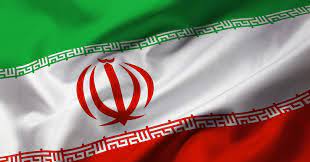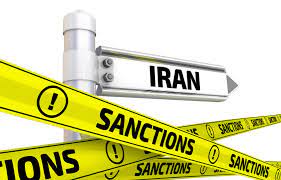NewTek, Inc., a Software Provider, Settles OFAC Violations for $189,483

The Treasury Department’s Offices of Foreign Assets Control (“OFAC”) continues its enforcement run in 2021, and added yet another tech company to its list of targets.
NewTek’s violations arose from its sales to foreign third-party distributors that it knew or had reason to know were intended to entities or individuals in Iran. NewTek voluntarily disclosed the conduct.
As described in the settlement, between December 2013 and May 2018 (the “relevant time period”), NewTek exported 49 products to two third-party distributors that they knew or had reason to know were intended for a reseller based in Iran. The Iranian Reseller, in turn, sold three of the exported products to the Islamic Republic of Iran Broadcasting (“IRIB”) which is a Specially Designated National. On three occasions, NewTek provided support, software updates, reseller training, or other services in support of sales to customers located in Iran.
Also, NewTek executed two successive distributor agreements with the Iranian Reseller. The first, in October 2014, was with a company located in France (“Distributor 1”). NewTek authorized distribution and support of NewTek’s products in the “Middle East” region, which NewTek was informed specifically included Iran. As was evident through NewTek’s and the distributor’s communications, including provision of monthly sales forecasts for Iran, NewTek knew that Distributor 1 intended to supply NewTek’s products to the Iranian Reseller prior to NewTek exporting goods to the distributor. NewTek also provided credits to Distributor 1 for the sale of products to the Iranian Reseller.
Beginning in 2013 continuing into 2014, NewTek’s Chief Operating Officer (“COO”) was responsible for transferring the Middle East sales territory from Distributor 1 to a company located in Dubai, United Arab Emirates (“Distributor 2”). In October 2014, NewTek and Distributor 2 entered into a distributor which specifically authorized the distribution of NewTek products in a list of countries in the Middle East sales territory, which explicitly included Iran. Pursuant to the distributor agreement, NewTek exported goods and services to Distributor 2 intended specifically for the Iranian Reseller.

NewTek incorrectly believed that sales made indirectly through a third-party distributor to Iran were not prohibited under the Iran Sanctions Program. The total value of the illegal transactions was $583,024. NewTek’s profits derived from the illegal sales totaled approximately $61,070.
NewTek did not maintain an export control or sanctions compliance program and did not provide any training to personnel regarding export or sanctions compliance.
According to OFAC, NewTek acted with reckless disregard for U.S. sanctions compliance by specifically authorizing distribution and support of its goods in Iran pursuant to its arrangements with two third-party distributors, stemming from its mistaken belief that sales through third-parties, as opposed to direct, were not prohibited by applicable sanctions.

NewTek substantially cooperated with OFAC during the investigation. NewTek took a number of remedial actions, including: (1) design and implementation of an export control and compliance program; (2) hiring a Director of Compliance; (3) provided compliance training to employees in sales, marketing, shipping, service and compliance personnel; (4) obtained formal export classifications from the U.S Department of Commerce confirming that NewTek’s products are properly designated EAR99 for export control purposes; (5) implemented bulk name screening of its product registrants and current and pending distributors against the SDN List; and (6) implemented geo-IP blocking measures to prevent individuals located in Cuba, Iran, North Korea, Syria, and the Crimea region of Ukraine from downloading or registering NewTek products.
OFAC explained that the NewTek enforcement action underscored the importance of ensuring that third-party distributors can create OFAC liability when the selling company has knowledge or reason to know that such goods are intended for Iran. In this regard, companies should avoid reliance on informal sanctions compliance measures, and should undertake employee training programs and education to ensure accurate understanding of relevant sanctions regulations.















